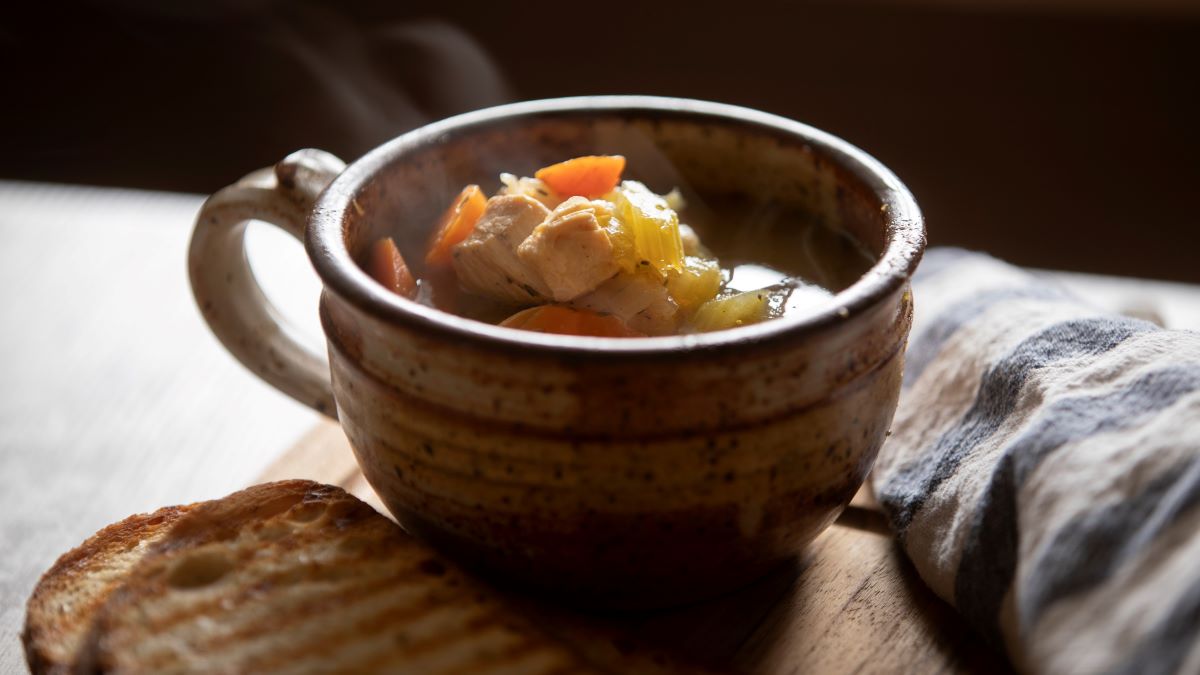Anti-Inflammatory Diet foods for Psoriasis
The various types of foods incorporated in the anti-inflammatory diet have healing effects that are believed to be very effective for psoriasis.
Below, we cover the various types of foods incorporated into the anti-inflammatory diet, along with an explanation about the healing benefits of each and how it works for relieving the psoriasis symptoms:
- Fish sources that include salmon, tuna, scallops, cold-water fish and anchovies contain omega-3 fatty acids, which lower inflammatory proteins in the ...
Anti-Inflammatory Diet foods for Psoriasis
The various types of foods incorporated in the anti-inflammatory diet have healing effects that are believed to be very effective for psoriasis.
Below, we cover the various types of foods incorporated into the anti-inflammatory diet, along with an explanation about the healing benefits of each and how it works for relieving the psoriasis symptoms:
- Fish sources that include salmon, tuna, scallops, cold-water fish and anchovies contain omega-3 fatty acids, which lower inflammatory proteins in the body.
- Nuts and seeds like walnuts, almonds and pine nuts are included in the anti-inflammatory diet. They contain good fats such as omega-3, plus they are good sources of protein and fiber that combat inflammation in the body.
- Colorful fruits and vegetables are important to consume as they are packed with antioxidants. These antioxidants would quench the free radicals, which are known to damage the cells of the body. Antocyanins found in red and purple fruits such as berries have anti-inflammatory effects.
Vitamin C found in citrus fruits also contains anti-inflammatory effects and helps maintaining healthy joints. Vitamin K containing vegetables like kale, spinach, lettuce, spinach and broccoli also reduces inflammation in the body.
- Olive oil is a source of omega 3 and other healthy fats, in addition to oleocanthal, which is a polyphenolic antioxidant that has the same role as nonsteroidal anti-inflammatory drugs. The best source to use is non-refined olive oil.
- Beans such as red kidney beans, pinto beans and small red beans are a good source of fiber and phytonutrient that lower inflammatory markers in the blood. They are also a great source of protein.
- Low or reduced-fat dairy products contain many nutrients such as calcium, vitamin D, good fats and proteins that are beneficial for joint health.
Meanwhile, it’s important to note that full fat dairy is composed of saturated fats that can cause inflammation, and hence should be avoided.
- Whole grain sources such as oatmeal, bulgur, brown rice, quinoa, and whole-wheat flour are rich in fiber, and studies have shown that high fiber foods can lower inflammatory markers.
However, many of these products might contain gluten like wheat, rye, barley and oat for example. Since many people might suffer from gluten sensitivity, this would actually lead the immune system to view gluten as an enemy and accordingly attacks it, hence causing inflammation as a counter effect instead of fighting it.
It is always important to pay specific attention to any food sensitivity and monitor closely your symptoms, especially if you witness any discomfort as a result of consuming these food types.
Anti-Inflammatory Diet structure for Psoriasis:
The food selection is mainly made to maintain health while reducing inflammation and psoriasis symptoms, however the daily caloric consumption varies per person, based on gender, size and activity level.
The daily caloric requirements, carbohydrates make up 40-50%, fat 20-30% and protein 20-35%. These macronutrients should be included and spread throughout each meal, if possible.
Based on a 2000 calories/day diet:
|
Macronutrients
|
Calories/day
|
Grams/day
|
|
Carbohydrates (50%)
|
1000
|
250 (25-35 of which ... |
Anti-Inflammatory Diet structure for Psoriasis:
The food selection is mainly made to maintain health while reducing inflammation and psoriasis symptoms, however the daily caloric consumption varies per person, based on gender, size and activity level.
The daily caloric requirements, carbohydrates make up 40-50%, fat 20-30% and protein 20-35%. These macronutrients should be included and spread throughout each meal, if possible.
Based on a 2000 calories/day diet:
|
Macronutrients
|
Calories/day
|
Grams/day
|
|
Carbohydrates (50%)
|
1000
|
250 (25-35 of which are dietary fiber)
|
|
Protein (25%)
|
500
|
125
|
|
Fat (25%)
|
500
|
55.5
|











:max_bytes(150000):strip_icc()/anti-inflammatory-diet-88752-primary-recirc-01ff699565be414a8c6aecf73d5b0848.jpg)
























Apos Khan1233444
Are tomatoes good or bad for psoriasis?
Reply
2